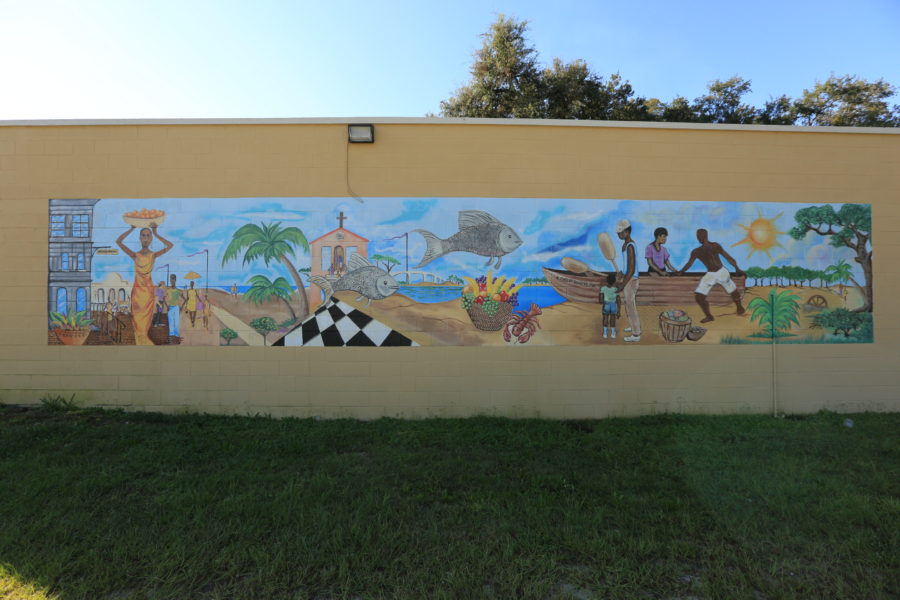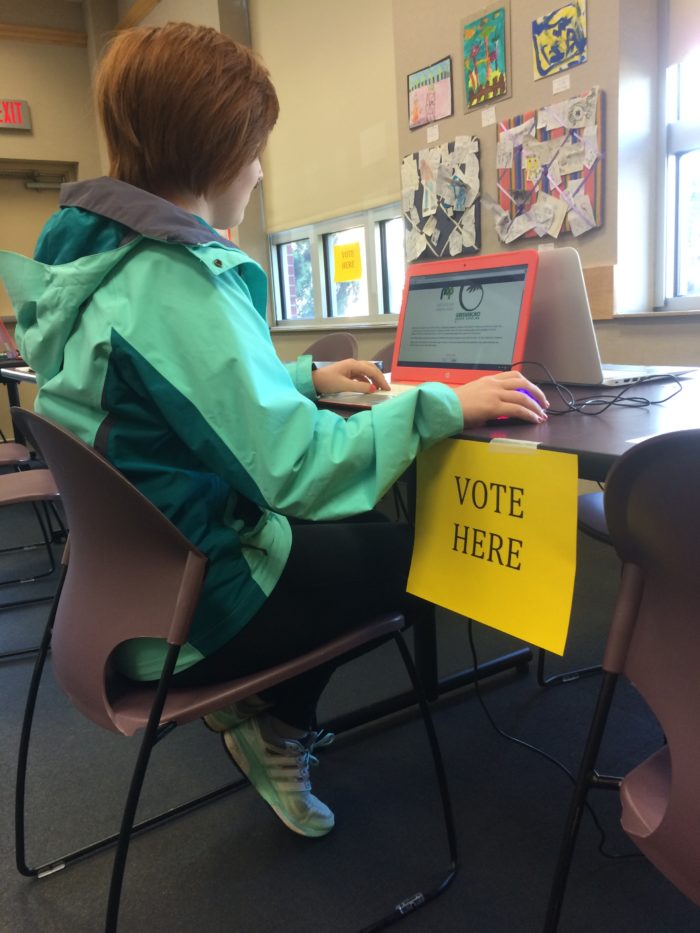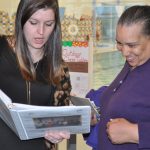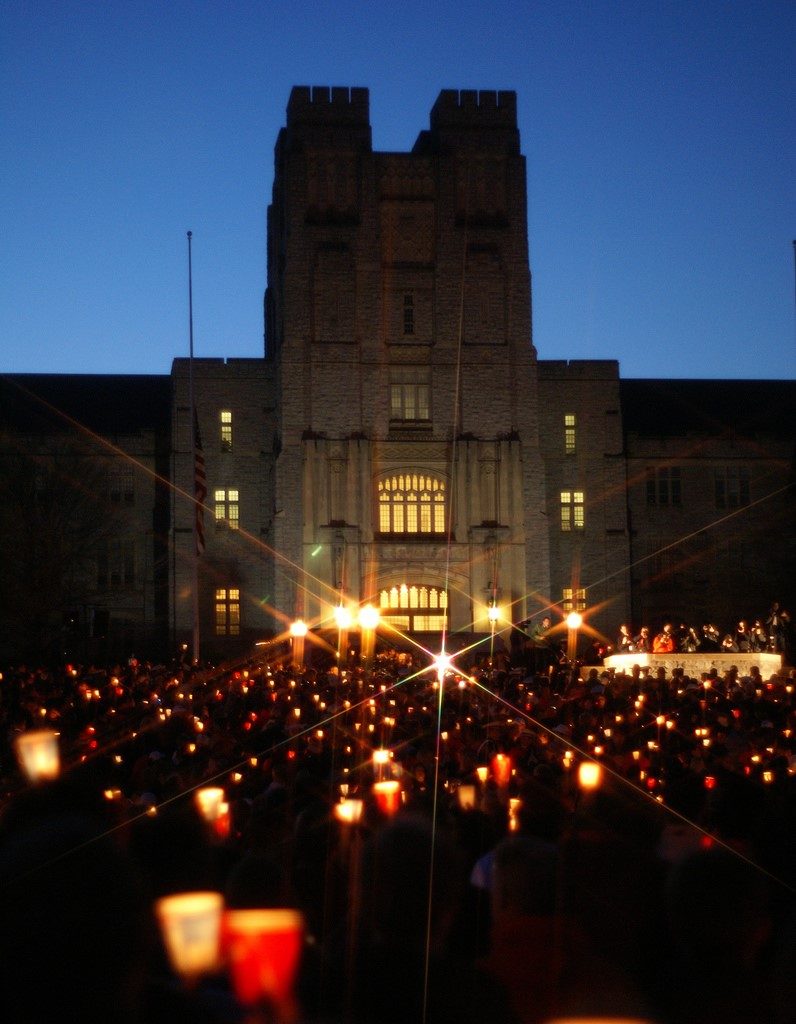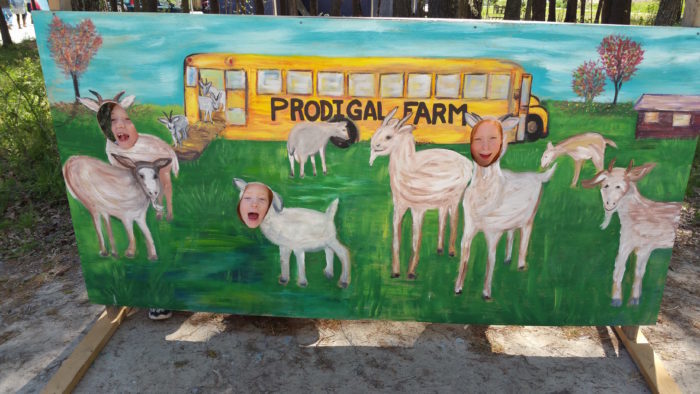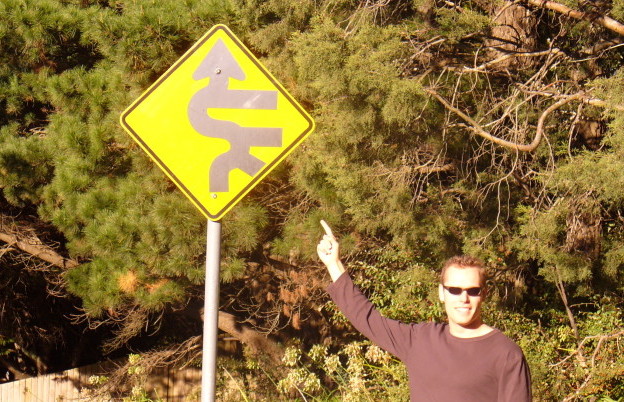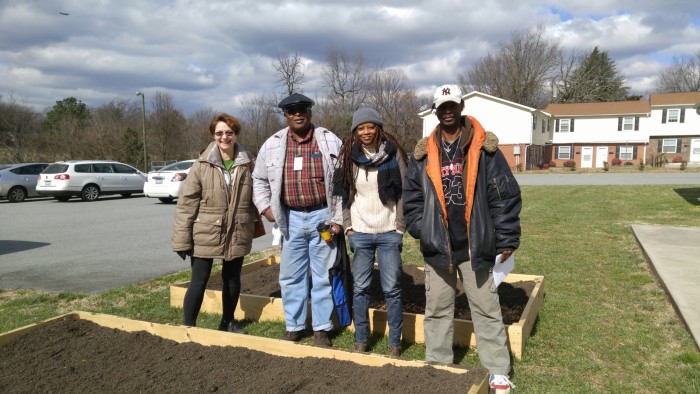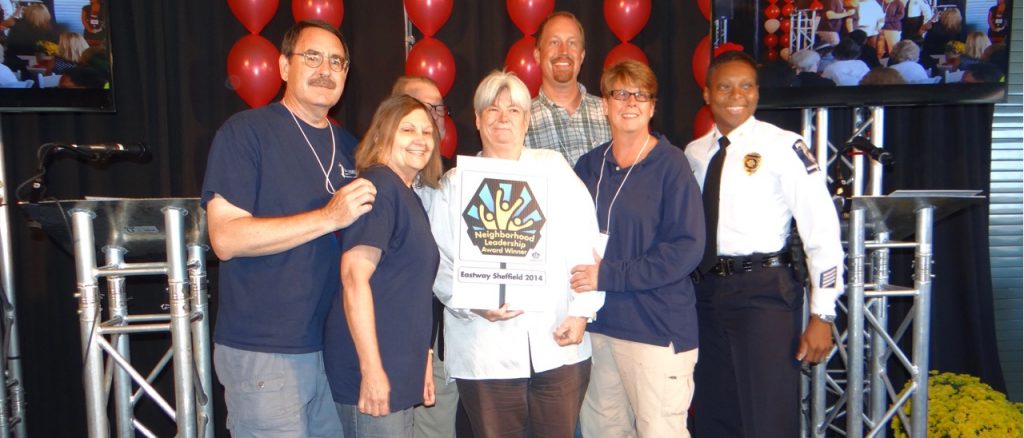
Collaboration with neighborhood leaders is an instrumental component to the success of engagement initiatives for local government. The partnership, sharing of ideas and exchange of knowledge can lead to lasting benefits for the community. The City of Charlotte’s Neighborhood & Business Services (N&BS) department has spent over a decade building programs to help communities thrive through engagement, trainings, board retreats and awards.
The Neighborhood Leadership Awards only recognizes superior work in Charlotte communities, particularly those communities that receive assistance through the City’s Neighborhood Matching Grant program for projects such as community gardens, neighborhood watches or playgrounds.
However, the program is part of comprehensive approach to impact neighborhoods several other components such a semiannual board retreats for communities. Continue Reading


